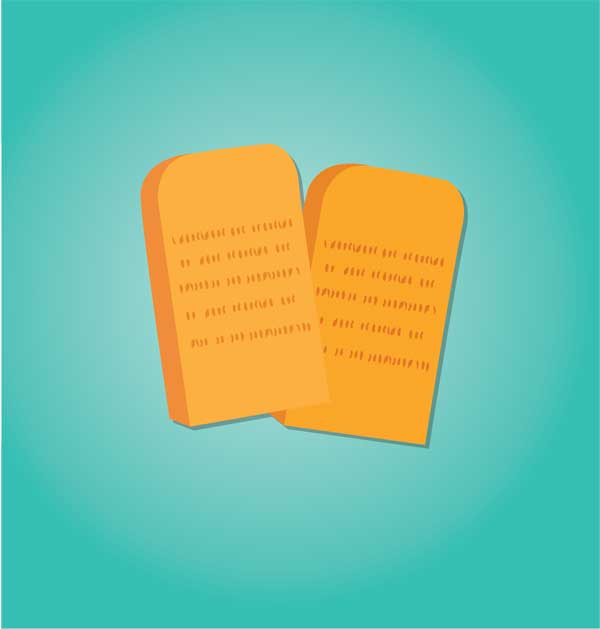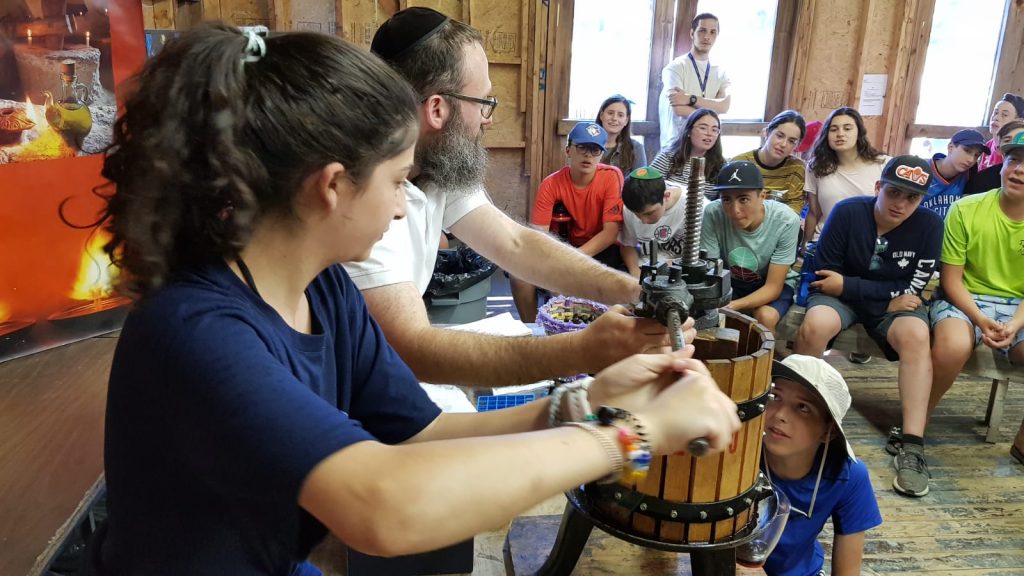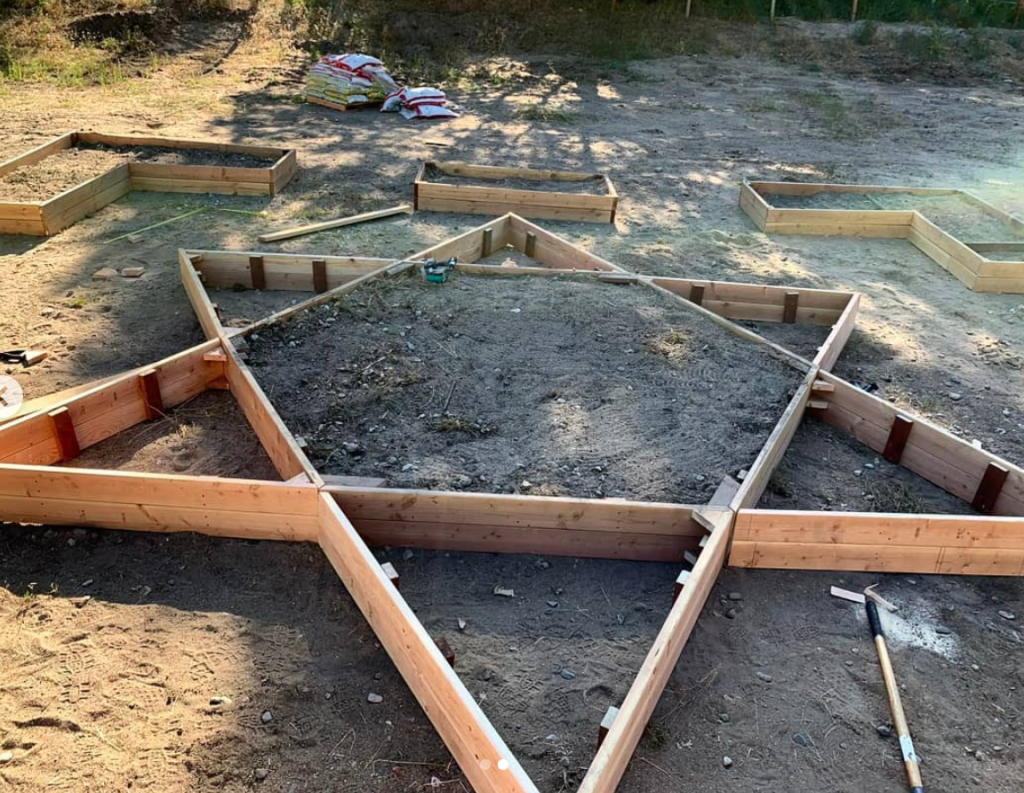Akivaton Weekly Dvar Torah

Parshat Bechukotai While it is true that this week’s Parashah is full of terrible curses and punishments that will befall us if we don’t keep the Mitzvot, there are also many important lessons and teachings for us to absorb. Just like the Torah has instructed us many times before, Parashat BeChukotai continues to relay the […]
TPG Houston!

TPG HOUSTON! By: Ori Friedmann | Shaliach Houston First TPG of the year was amazing! We had more than 60 people!!! TPG stands for Torah, Pizza, Gym 📖🍕🏀 Our madrichim helped the chanichim and their parents to learn about bravery, chanukah and the connections between them. We had a massive Dodgeball game parents vs chnichim […]
SIYUM MASECHET DETROIT

SIYUM MASECHET IN DETROIT By: David Halevy | Shaliach Detroit Mazal tov! Tzevet and Bnot Shirut from Detroit completed Masechet Rosh Hashana on Monday! Each week, throughout the month, we learned the 35 pages and created questions and discussed קושיות we had. On Monday over 30 teens joined us, as we gathered together at Platform […]
MACH HACH PAYMENTS
Moshava Ba’ir Chicago Highlight!

This summer, Moshava Ba’ir opened its doors in Chicago! Housed in Ida Crown Jewish Academy, the camp is headed by Chicago native director Arianne Pinchot Weinstein and veteran day camp administrator “Rosh Mosh” Ari Nussbaum. The first half of the summer has been a huge success. Attracting over 300 campers in its first year, chanichim are engaged in a very […]
All the Kings Horses

In this week’s Parsha, we learn about the role of the king. As Am Israel are many times referred to as Bnei Melachim, it’s important for us to look carefully at those special Mitzvot that were commanded to the king. One set of rules are negative commands; one specific one is: רַק֮ לֹא־יַרְבֶּה־לּ֣וֹ סוּסִים֒ וְלֹֽא־יָשִׁ֤יב […]
Moshava Ennismore

By: Tova Segal | Assistant Director, Moshava Ennismore Our theme of the summer is Moshevet Aliyah- learning about and experiencing aliyah of the past, present and future. Every two weeks we focus on a different period of time. For Aliyah of the past, campers experienced what aliyah was like in the early years before the […]
Moshava Alevy

By: Aliza Zeff | Rosh Tochnit, Moshava Alevy This summer, Moshava Alevy is packing up and traveling Shvil Yisrael, the Israel Trail. Our campers have learned about a variety of places along the trail, including Israel’s water sources, a Bedouin tent and much more. Our Bet Midrash is abuzz with Torah learning, and our campers’ […]
Moshava Wild Rose

By: Dikla Weitzner | Director, Moshava Wild Rose This year in Wild Rose the theme is Yerushalayim – the spiritual center of Am Yisrael. Our goal for the first month was to sensitize chanichim to the spiritual and physical revival which occurred in Yerushalayim over the last 50 years. This was accomplished by focusing on […]




